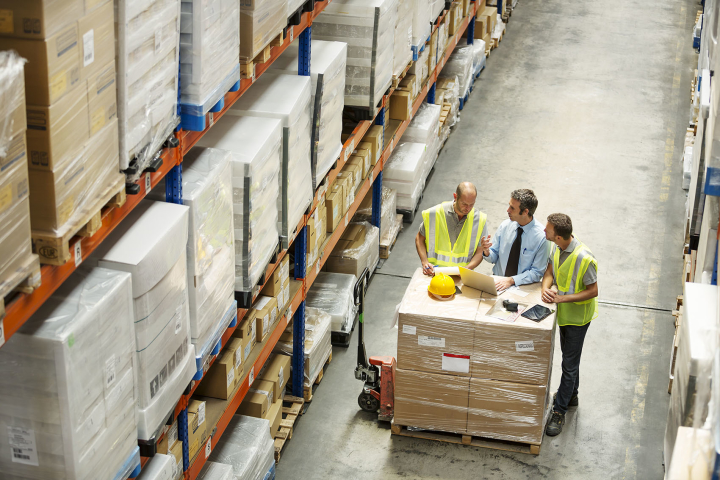In an increasingly interconnected world, the transportation industry is poised for a transformative evolution. The convergence of globalization and localization has given rise to a new paradigm: global reach with a local touch. This approach seamlessly integrates advanced global technologies with tailored, community-specific solutions, paving the way for a more sustainable, efficient, and inclusive transport future.
Global Reach
The global transport sector is leveraging cutting-edge technologies like artificial intelligence AI, the Internet of Things IoT, and blockchain to optimize operations. Smart logistics systems, powered by AI, predict and manage traffic, reduce emissions, and ensure timely deliveries. Blockchain technology ensures transparency and traceability in global supply chains, fostering trust and efficiency. Autonomous vehicles and drones are no longer confined to sci-fi dreams but are actively revolutionizing freight and passenger transport across continents. Moreover, globalization has led to the integration of international transport systems. High-speed rail networks, global airline alliances, and interconnected shipping routes are making the world smaller, enabling goods and people to traverse vast distances with unprecedented ease. These systems are essential to meet the rising demands of e-commerce and international trade.

Local Touch
Despite its global aspirations, transport must remain rooted in local contexts. Infrastructure, cultural nuances, and community needs vary widely, making a one-size-fits-all approach untenable. Herein lays the value of the local touch. Electric rickshaws in India, bike-sharing schemes in Europe, and bus rapid transit systems in South America are prime examples of localized solutions addressing unique urban mobility challenges. These initiatives reduce congestion, cut carbon footprints, and enhance accessibility. Localization also emphasizes inclusivity. Rural areas, haulage in Birmingham often underserved in traditional transport networks, are now benefiting from targeted micro-mobility solutions and last-mile connectivity services. In countries with diverse terrains and populations, tailored approaches ensure that transport is not only efficient but also equitable.
The Path Ahead
The future of transport lies in harmonizing global innovations with local adaptability. Governments, businesses, and communities must collaborate to develop policies and technologies that are both forward-looking and context-sensitive. As the sector evolves, the mantra of global reach with a local touch underscores a commitment to a transport ecosystem that connects the world while respecting its diverse intricacies. It is a vision where advanced technologies meet human-centric design, ensuring a smarter, greener, and more connected future for all.